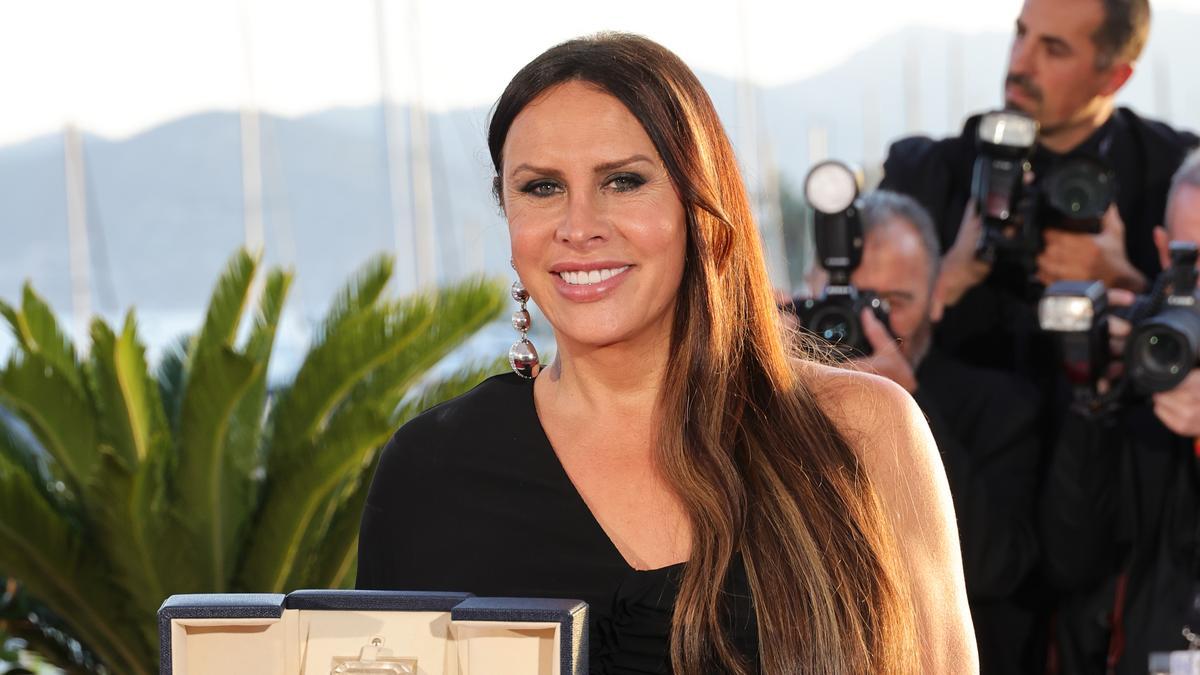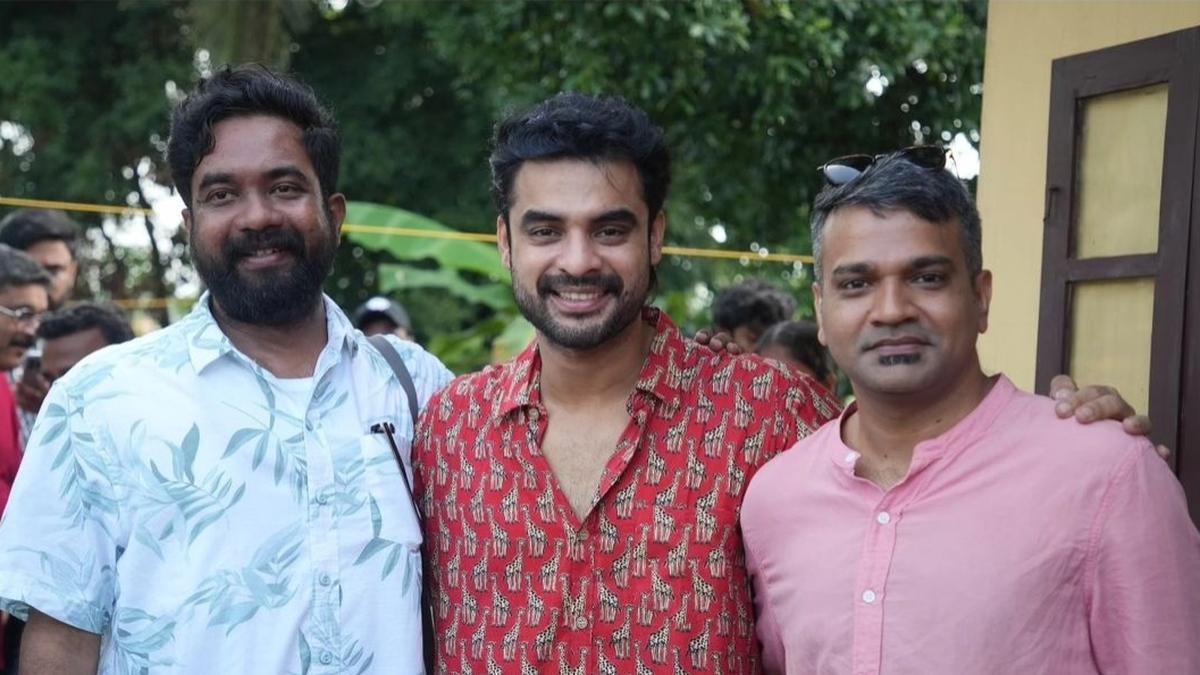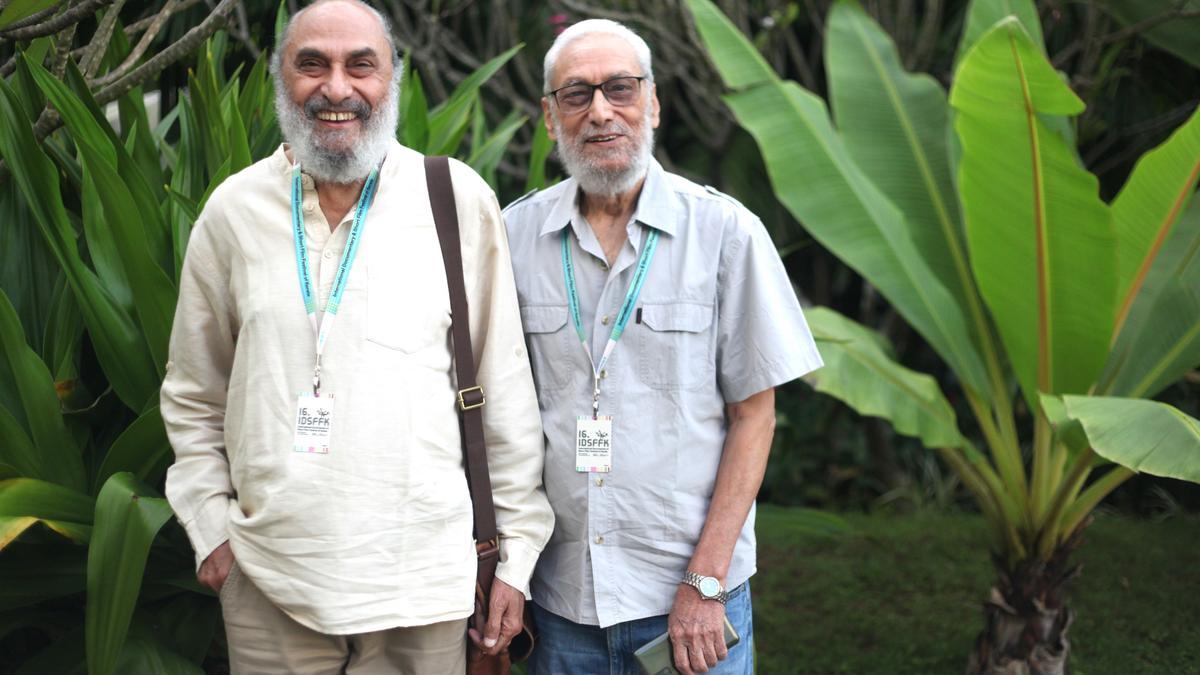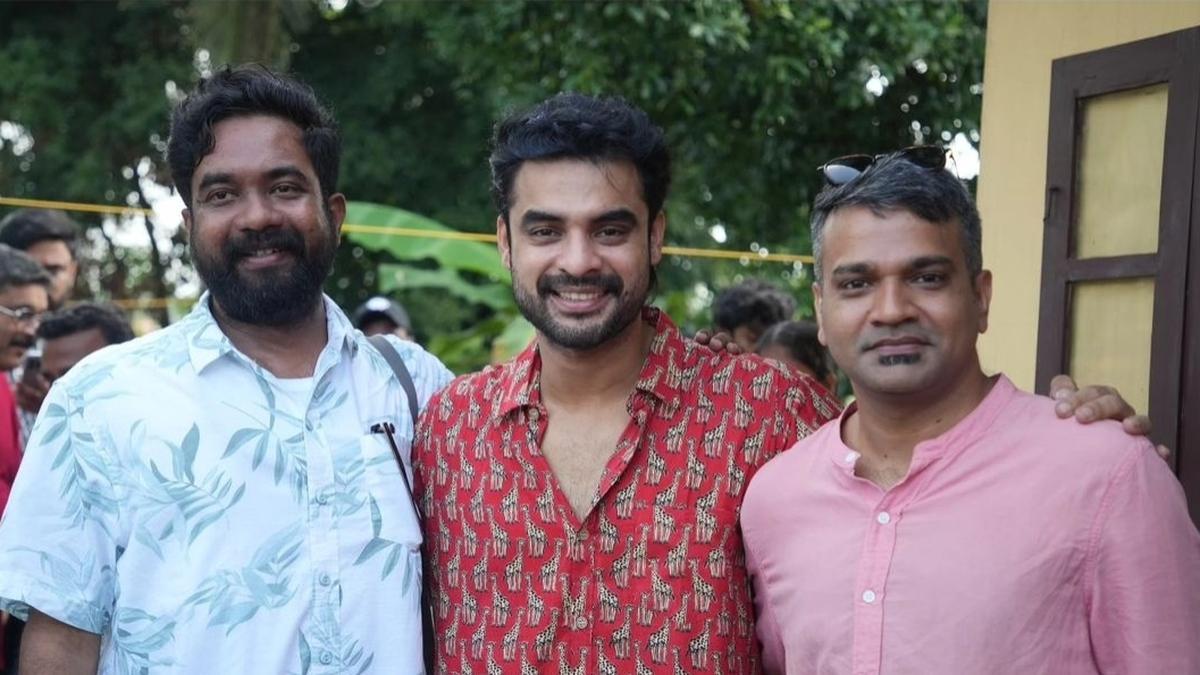
French queer organizations have initiated legal action against far-right politician Marion Maréchal-Le Pen, following her remarks about Karla Sofía Gascón’s groundbreaking Best Actress win at this year’s Cannes Film Festival. Gascón made history as the first transgender actress to be honored with the award, a feat she achieved alongside her co-stars Zoe Saldaña, Selena Gomez, and Adriana Paz for their performances in Jacques Audiard’s gangster musical “Emilia Perez.”
Maréchal-Le Pen’s controversial stance came to light when she took to social media, posting on the platform X: “So a man has won the Best Actress prize… progress for the left is the erasure of women and mothers.” The statement sparked immediate outrage and condemnation from various LGBT+ organizations. Groups including Mousse, LGBT Families, Adheos, Quazar, LGBTI+ Federation, and STOP Homophobia have collectively filed a complaint with the Paris Public Prosecutor. They are charging Maréchal-Le Pen with “insult due to gender identity,” a serious allegation under French law that could result in up to a year in prison and a fine of 45,000 euros.
The tweet, “C’est donc un homme qui reçoit à Cannes le prix d’interprétation… féminine. Le progrès pour la gauche, c’est l’effacement des femmes et des mères. #Cannes2024pic.twitter.com/ew3meyGYWj,” drew rapid backlash, with critics citing the harmful impact of such rhetoric. In response to the legal action, Maréchal-Le Pen appeared on France Inter, where she dismissed the charges as the threats of “LGBT militant-activists.” She reiterated her stance, claiming that biological sex is an unalterable reality. “The truth is that being a man or a woman is a biological reality, whether you like it or not.
. The XX and XY chromosomes cannot be undone,” she said.
Maréchal-Le Pen, who is actively campaigning for the European Parliament elections under the banner of Reconquête!, a far-right party established by Eric Zemmour, has found herself at the center of a heated debate. Étienne Deshoulières, the lawyer representing the queer organizations, stated that Maréchal-Le Pen’s comments deny the existence and realities faced by transgender individuals.
During her France Inter appearance, Maréchal-Le Pen tried to cast the controversy as a critique of political correctness, insisting that her comments were rooted in a defense of biological facts rather than an attack on individuals. She argued, “The outrage from these groups is not about protecting rights but about enforcing an ideological agenda.”
STOP Homophobia’s General Secretary, Terrence Khatchadourian, underscored the problematic nature of such comments and their tangible effects on the queer community. “Since 2016, violence against LGBT+ people has exploded by more than 129%, with the largest increase affecting transgender people,” Khatchadourian said. He emphasized the critical need to protect vulnerable groups from inflammatory rhetoric that can serve as a catalyst for real-world violence.
The incident has also drawn international attention, with various human rights organizations weighing in on the broader implications for LGBTQ+ rights in France. Many argue that the political climate, fueled by incendiary remarks from public figures, poses a significant threat to the progress made in recent years toward equality and acceptance.
Gascón, who found herself unexpectedly thrust into the center of this political maelstrom, has chosen to keep a low profile amid the controversy. Her representatives have not yet issued a formal statement, but sources close to the actress indicate that she remains focused on her career and the positive message her historic win at Cannes represents.
Despite the divisive nature of Maréchal-Le Pen’s comments, the outpouring of support for Gascón and the swift legal action taken by French queer organizations send a clear message about the ongoing struggle for transgender rights and recognition. As the legal proceedings unfold, the case is likely to serve as a significant touchstone in the broader cultural and political debate over gender identity in France.
The controversy around Maréchal-Le Pen’s comments exemplifies the ongoing tension between far-right ideologies and progressive movements seeking to define and protect the rights of marginalized communities. With the European Parliament elections on the horizon, the outcome of this legal battle could have far-reaching implications for the future of LGBTQ+ rights in France and beyond.










